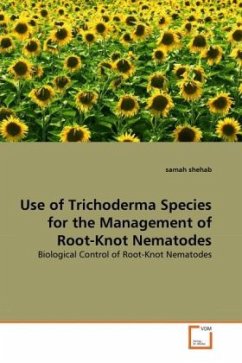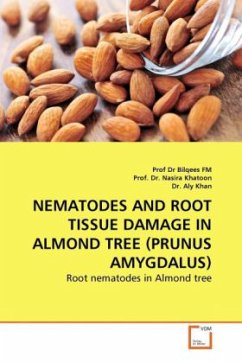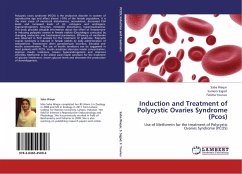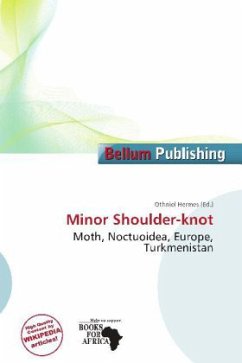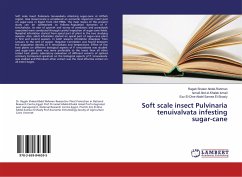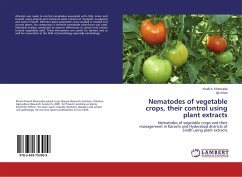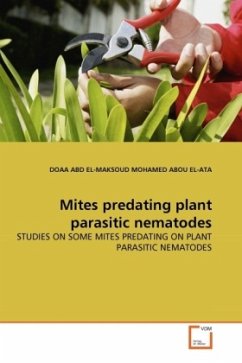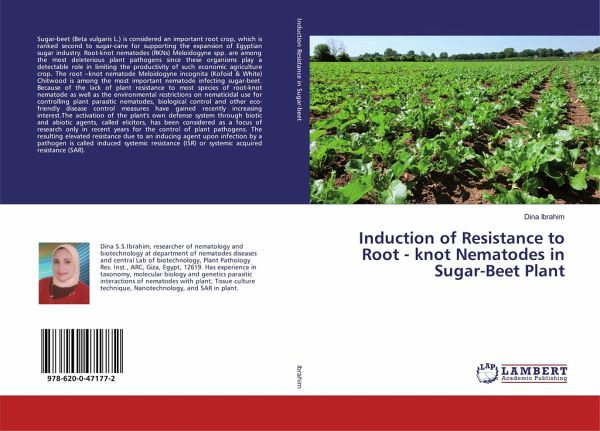
Induction of Resistance to Root - knot Nematodes in Sugar-Beet Plant
Versandkostenfrei!
Versandfertig in 1-2 Wochen
47,99 €
inkl. MwSt.

PAYBACK Punkte
24 °P sammeln!
Sugar-beet (Beta vulgaris L.) is considered an important root crop, which is ranked second to sugar-cane for supporting the expansion of Egyptian sugar industry. Root-knot nematodes (RKNs) Meloidogyne spp. are among the most deleterious plant pathogens since these organisms play a detectable role in limiting the productivity of such economic agriculture crop. The root -knot nematode Meloidogyne incognita (Kofoid & White) Chitwood is among the most important nematode infecting sugar-beet. Because of the lack of plant resistance to most species of root-knot nematode as well as the environmental ...
Sugar-beet (Beta vulgaris L.) is considered an important root crop, which is ranked second to sugar-cane for supporting the expansion of Egyptian sugar industry. Root-knot nematodes (RKNs) Meloidogyne spp. are among the most deleterious plant pathogens since these organisms play a detectable role in limiting the productivity of such economic agriculture crop. The root -knot nematode Meloidogyne incognita (Kofoid & White) Chitwood is among the most important nematode infecting sugar-beet. Because of the lack of plant resistance to most species of root-knot nematode as well as the environmental restrictions on nematicidal use for controlling plant parasitic nematodes, biological control and other eco-friendly disease control measures have gained recently increasing interest.The activation of the plant's own defense system through biotic and abiotic agents, called elicitors, has been considered as a focus of research only in recent years for the control of plant pathogens. The resulting elevated resistance due to an inducing agent upon infection by a pathogen is called induced systemic resistance (ISR) or systemic acquired resistance (SAR).



